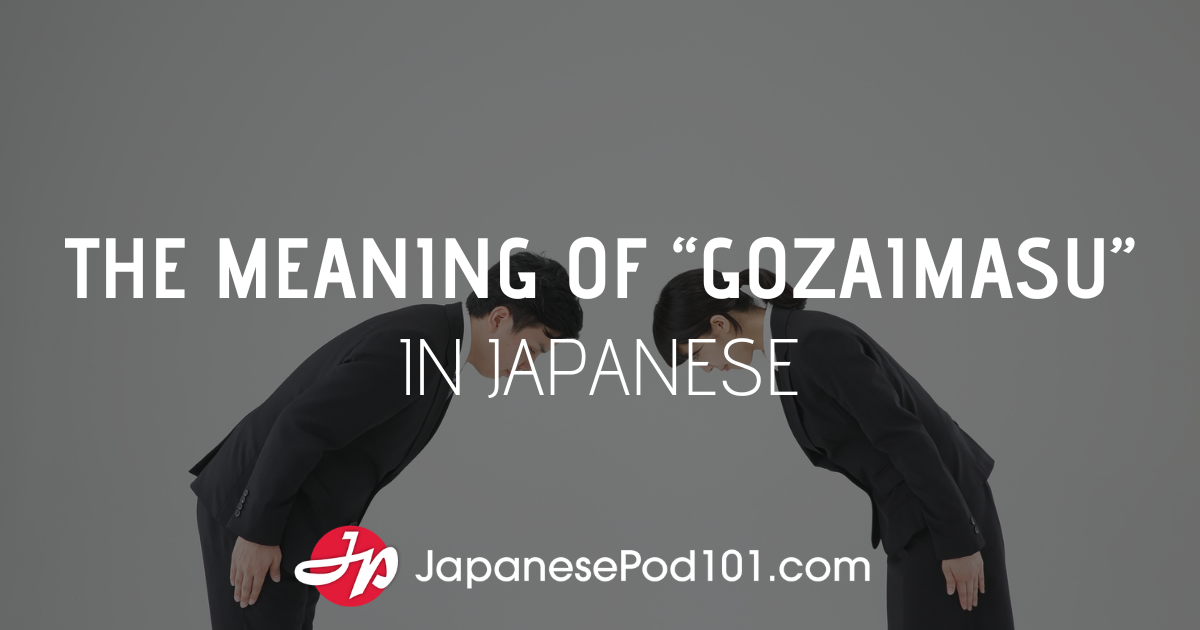| Quick Links Welcome to Kanji Curiosity | The Basics | Glossary |
I recently rented the Japanese movie 茶の味 (Cha no Aji, tea + taste), thinking it might actually be about tea. After all, someone translated the title as The Taste of Tea, so I don’t think I was off base in hoping it might be at least partly about Japanese tea. Out of all the uncontrollable passions in my life, tea runs a close second to kanji. If you want to know just how crazy I am about tea, take a look at my tea cabinet.
Green teas fill most of the upper shelf, with teabags to their left.
Black teas are on the lower right. Decaf teas are on the lower left.
There’s more at the office.
But the sad truth is that the movie wasn’t about tea. Not even a little. Well, OK, maybe a minuscule amount. One character poured some tea for another character once or twice, and the filmmakers left the matter at that.
I think they should have called the film A Taste of Tea, rather than The Taste of Tea. That way, they might have sent me a silent but forceful message: “Hey, Eve, this has nothing to do with genmaicha!”
Shades of Difference
In English, as I came to realize, there’s a big difference between “the taste of something” and “a taste of something.” That is, “the taste” has to do with sensations on the tongue. And “a taste” can take you off into more abstract and even metaphorical realms. For example, one might say, “He had a taste of what it’s like to be in love.” In that sense, “taste” has to do with experience. Then there are issues of good taste and bad—aesthetic evaluations.
Turns out, 味 can also convey these shades of difference, and more! For such a graphically simple character with just a few easy yomi (MI, aji, aji(wau)), 味 is rather complicated in terms of semantics.
To see what I mean, consider the way 味 has different meanings (i.e., meaning, interest, and tasty food) in three words you probably know:
意味 (imi: meaning, significance) meaning + meaning
趣味 (shumi: hobby) hobby + interest
味噌 (miso) tasty food + boisterousThis last breakdown makes no sense, because we’re seeing ateji with 噌; the yomi fits, but the meaning doesn’t.
The kun-yomi of 味 can take any of the following forms:
aji: flavor, taste; charm, style
aji(wau): to taste, savor, appreciate, enjoy
aji(na): smart, clever, witty
There are actually more forms, but I’d like to keep things relatively simple. We’ll look at these usages over the next few weeks. Let’s start by being really literal and examining 味 in the original sense—as a taste that the tongue detects.
Taste in the Literal Sense
A long time ago (in a land far, far away … sorry, I just wrote an article about fairytales), we saw 後口 (atokuchi: aftertaste, reminder, after + mouth). At that time, I mentioned the surprising fact that after + mouth = aftermath! If you take each of those kanji and pair it with 味, you form two other words, both of which relate to the sensation of taste:
後味 (atoaji: aftertaste) after + taste
This is a close synonym of 後口. Both 後味 and 後口 can refer to a literal aftertaste. When referring metaphorically to lingering memories, people generally use 後味.
Etymologically, 味 Also Means “Aftertaste” …
口味 (kōmi: taste, flavor, deliciousness) mouth + taste
Ah, this is a whale-fish compound. It’s also an extremely rare word.
Here are two more ways to say the same thing as 口味:
風味 (fūmi: taste, flavor) taste + taste
This applies only to food and to the way you might sense its flavor by smelling or eating it.
味わい (ajiwai: taste)
This word can refer to food, but it can also refer to taste in terms of paintings, poetry, novels, and other arts.
By the way, as you consider your ability to taste food, you might give credit where it’s due:
味蕾 (mirai: taste buds) taste + bud!
The word is obscure, and the second kanji is so uncommon that I can’t find information about it. But it combines grass,
, and lightning, 雷. Perhaps when a bud sprouts, the force of that release is comparable to explosions of thunder and lightning!
味覚 (mikaku: taste, palate, sense of taste) taste + senseWe’ve seen 覚 before in several ways.
Time for your Verbal Logic Quizzes (two short ones today)!









